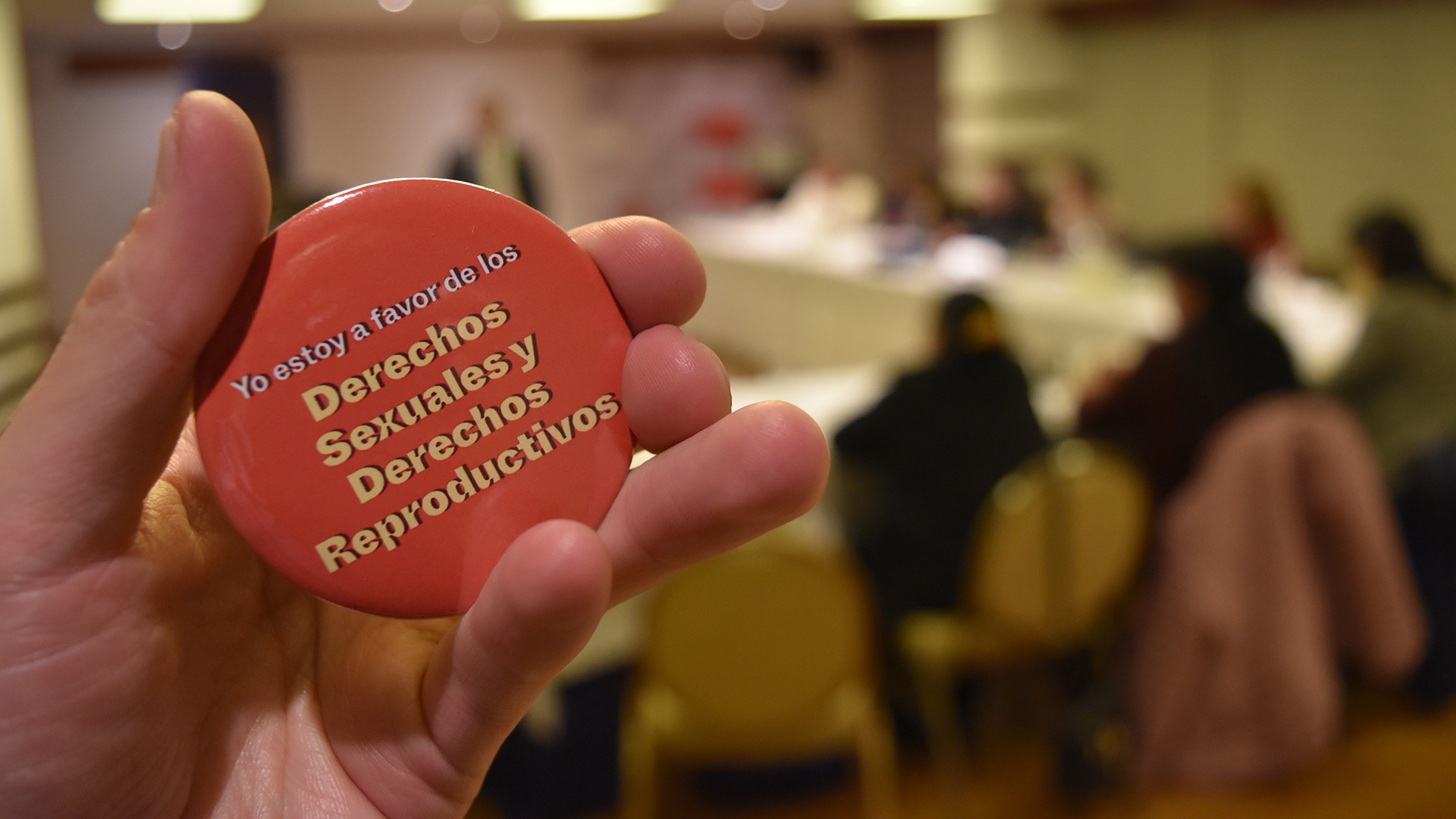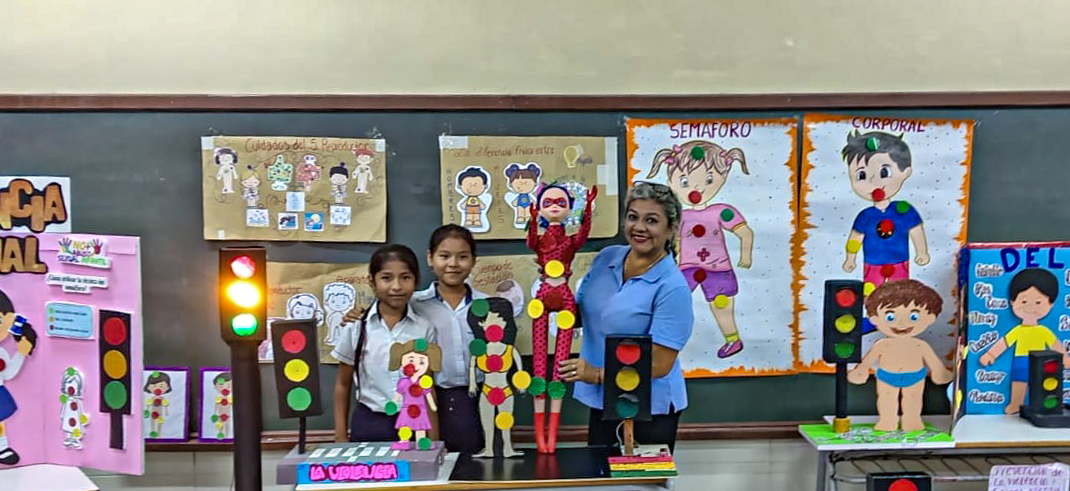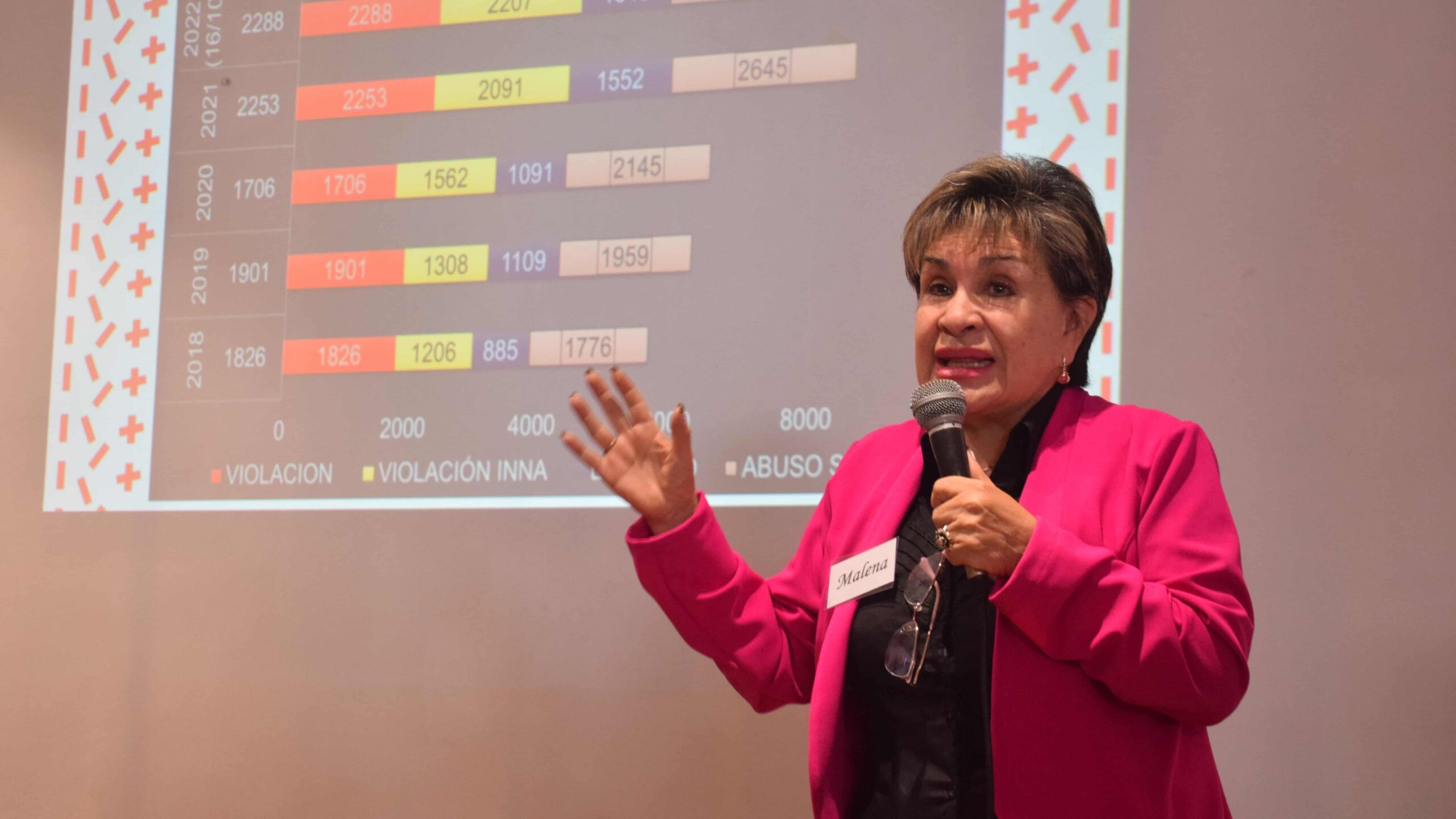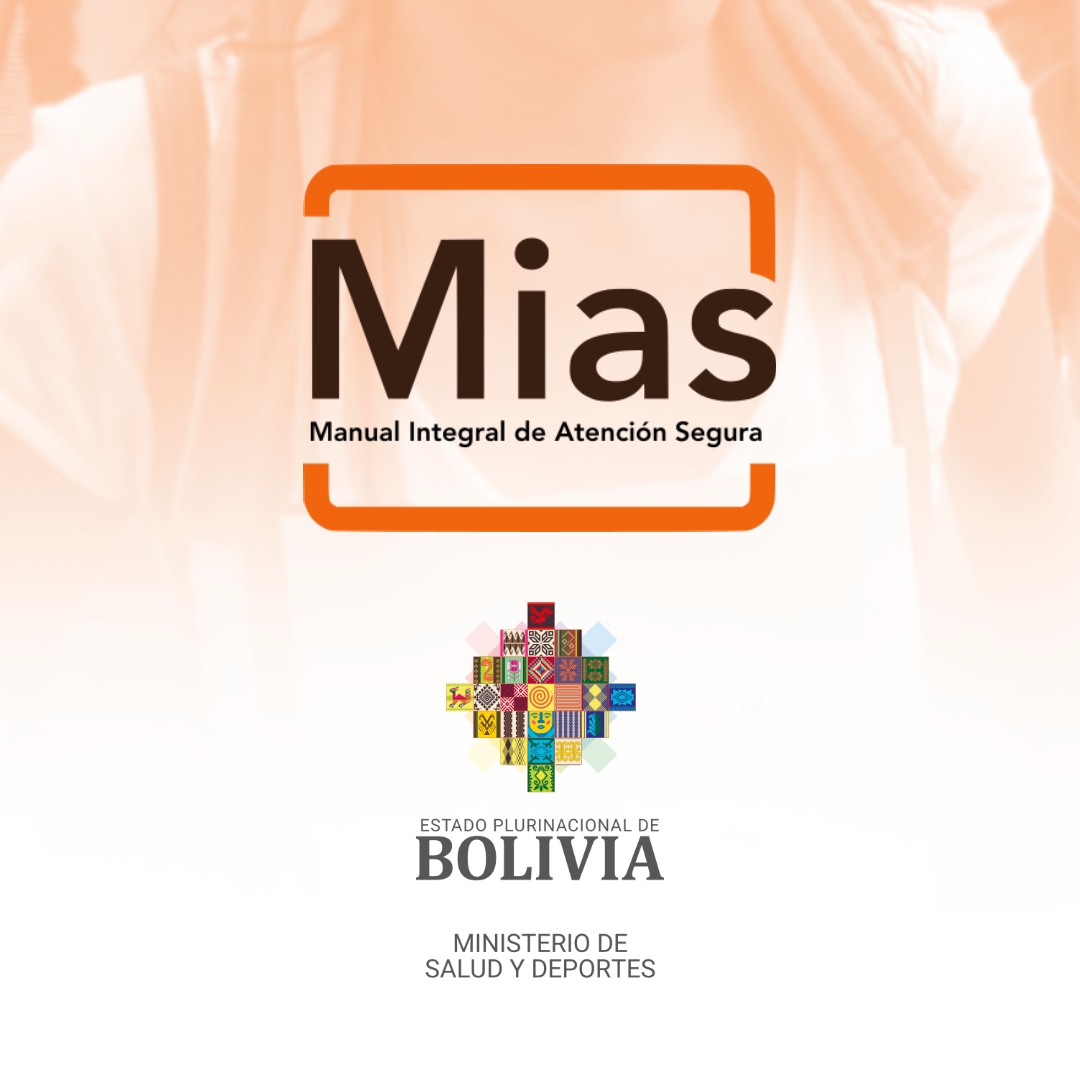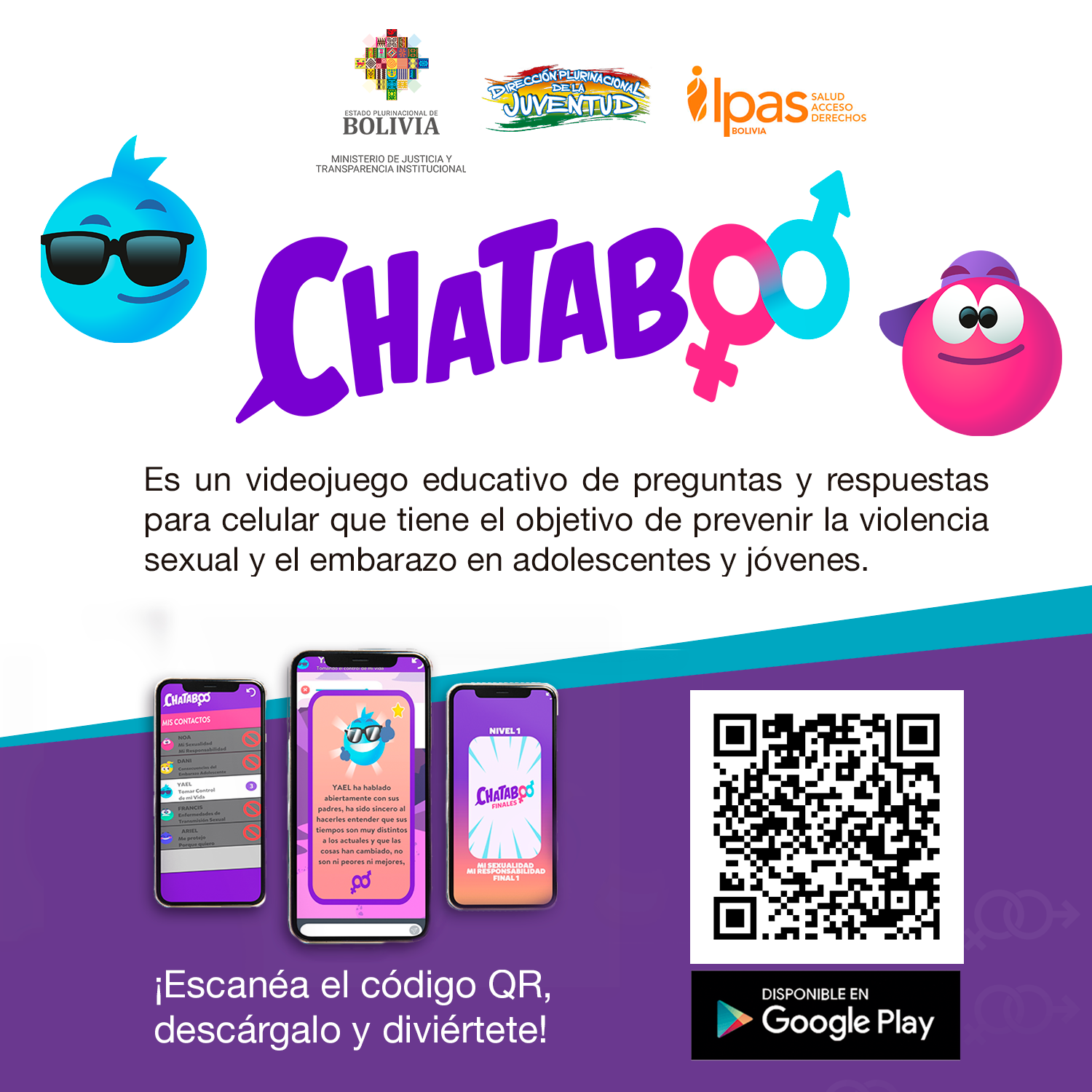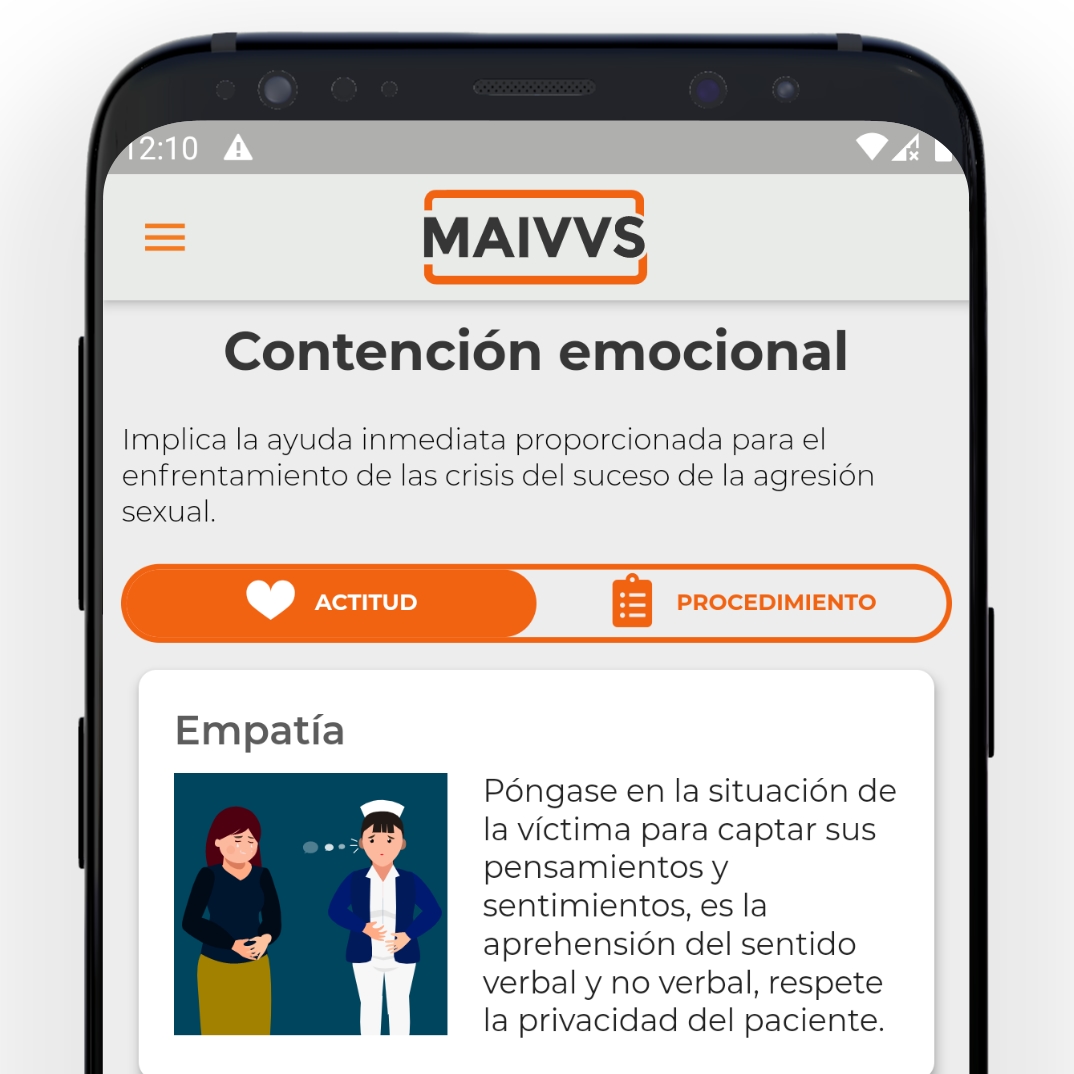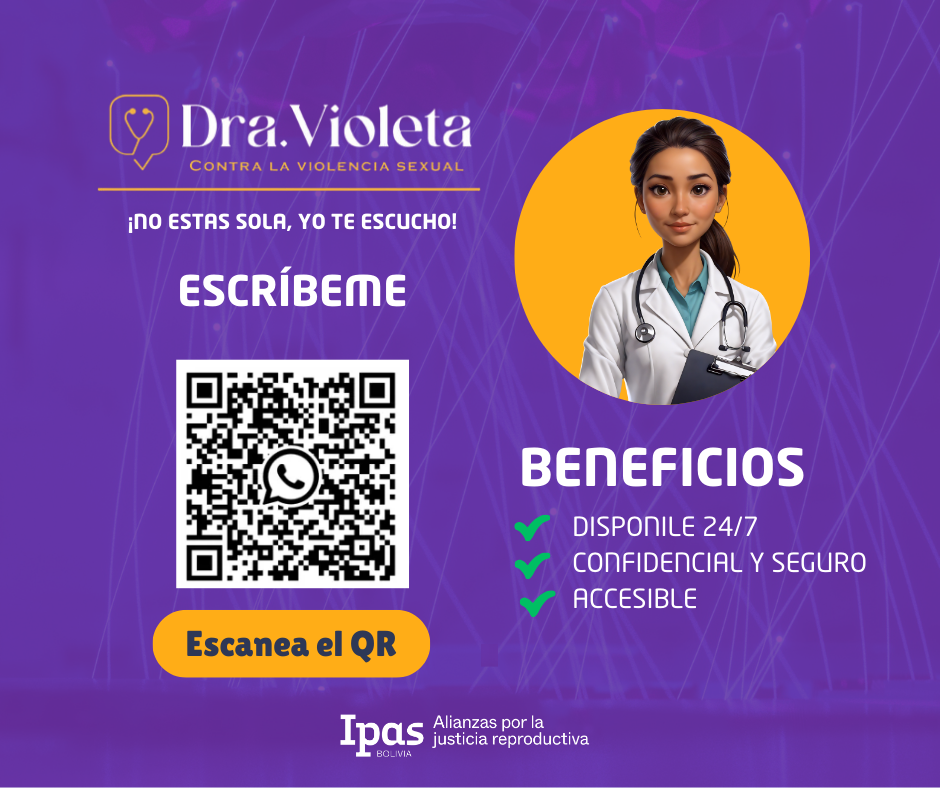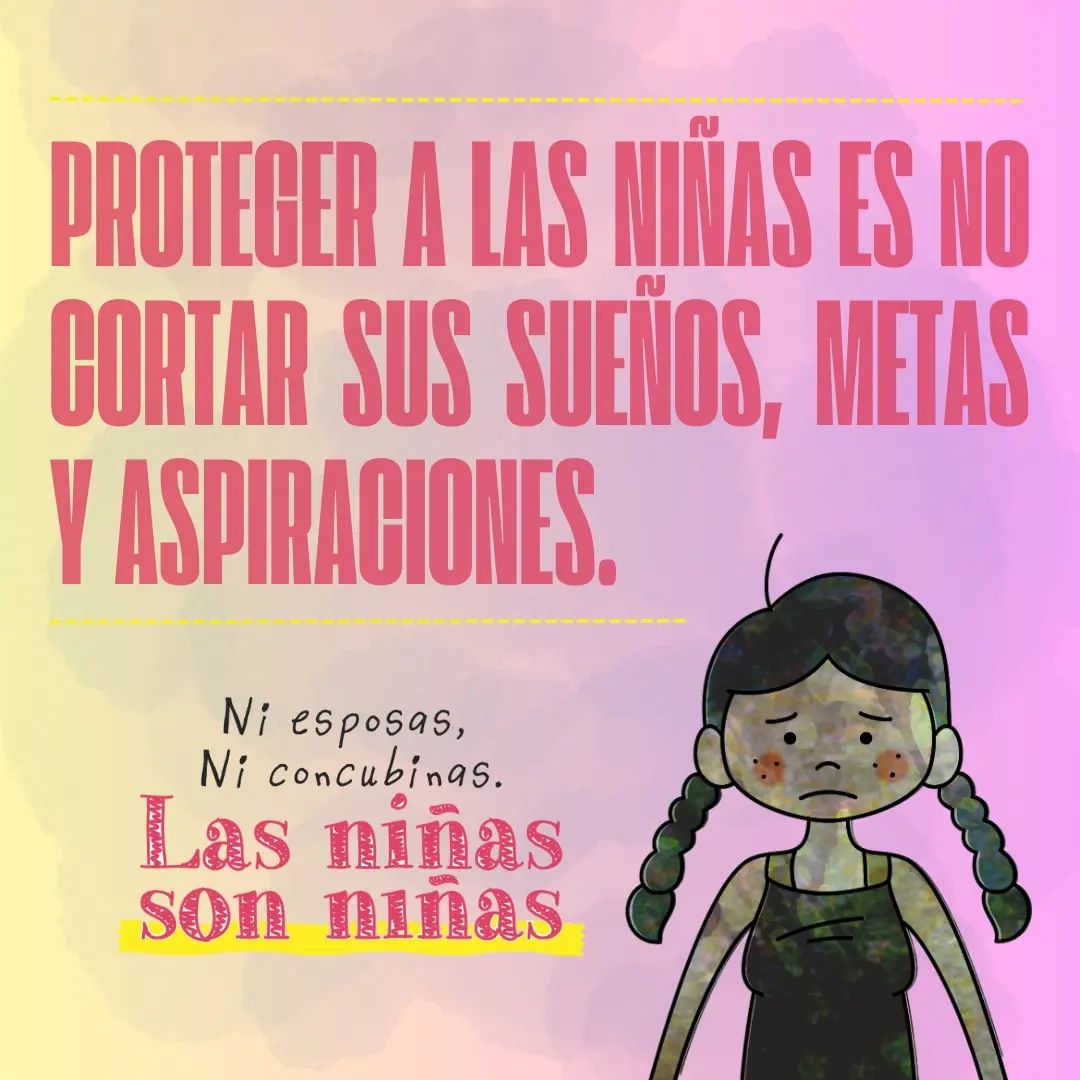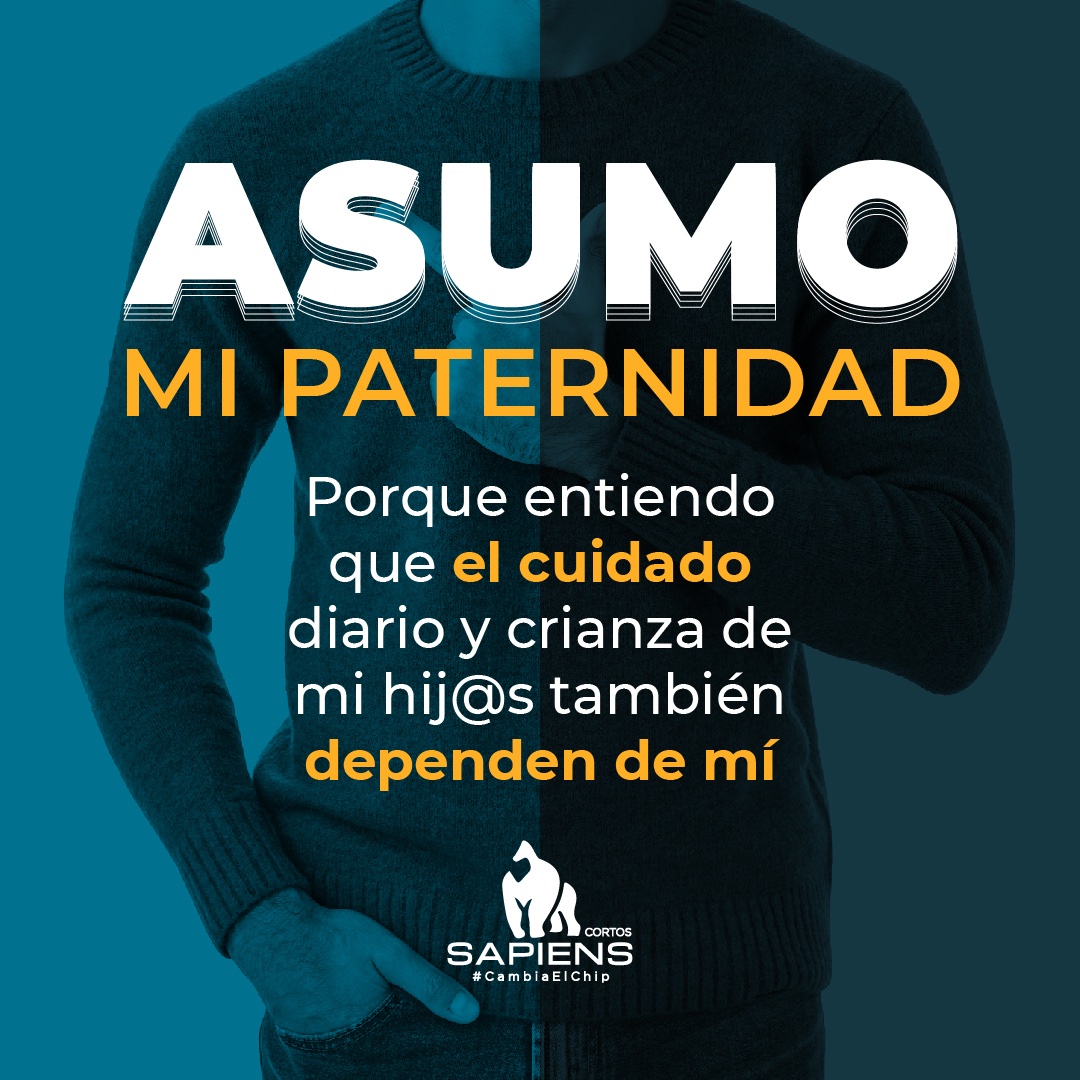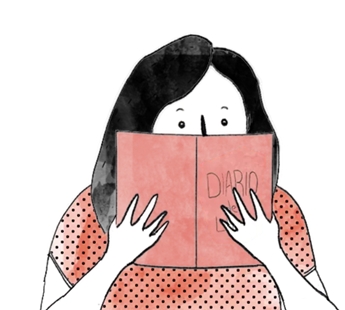Contraceptive methods allow us to exercise our sexual and reproductive rights.
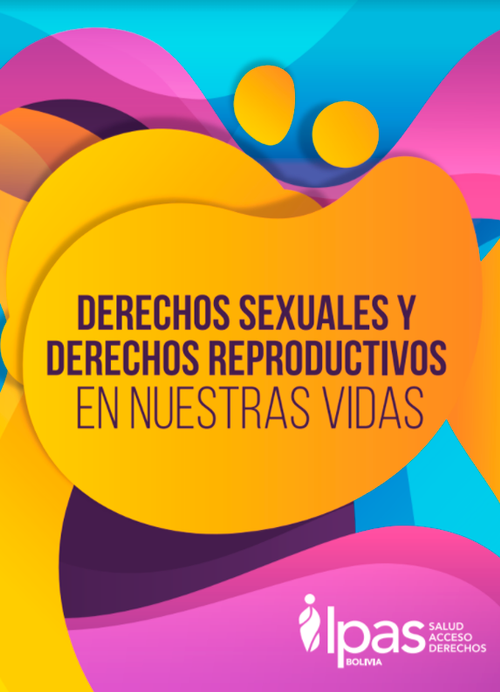
The purpose of this informative material is to inform about the Sexual and Reproductive Rights of men and women, the concepts, their importance and their exercise in Bolivia.
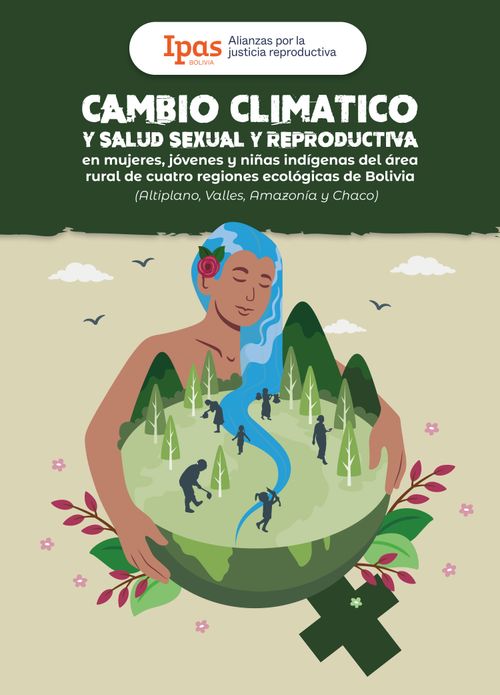
The research analyzed the effects of climate change on the Sexual and Reproductive Health (SRHR) of indigenous women in four regions of Bolivia. It found that climate change impacts food production, access to water and food security, which affects women's reproductive health and roles. In addition, women, especially young women, make decisions such as reducing the number of children and adopting modern contraceptive methods due to difficult economic conditions. The study underscores the need to address these challenges in a comprehensive manner, promoting climate change adaptation, gender equality and access to health services.
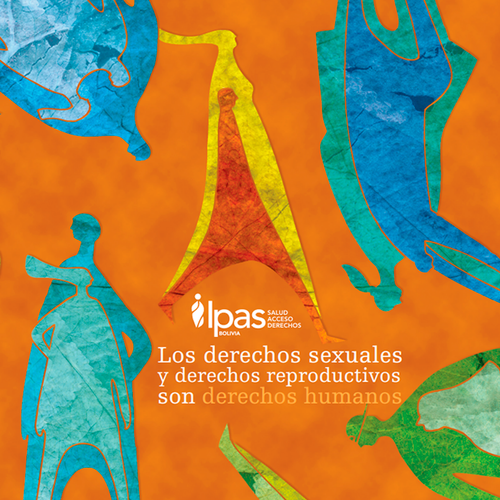
Sexual and reproductive rights are human rights that belong to all people simply because they are human. These rights impact personal identity, health and well-being, and cannot be taken away or waived. They apply equally to all, regardless of social sector, economic status, gender, age or cultural background. Human rights are recognized in the Universal Declaration of Human Rights and in several international treaties ratified by Bolivia. The Political Constitution of the Plurinational State of Bolivia (CPE) incorporates more than 30 articles on equality, equity and non-discrimination.
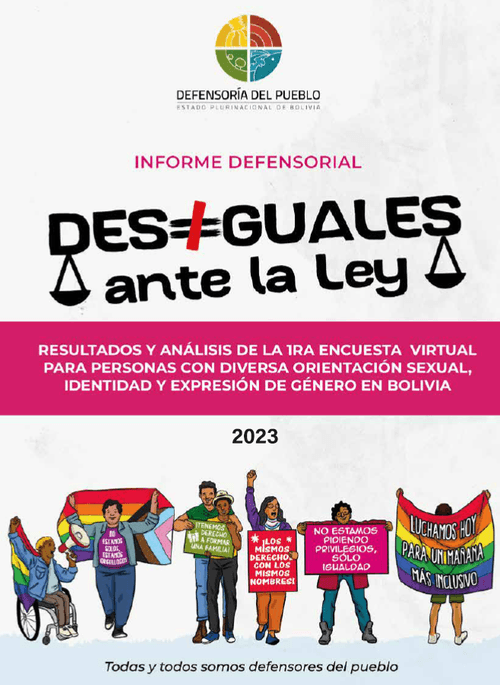
Results and analysis of the 1st virtual survey for people with diverse sexual orientation, identity and gender expression in Bolivia.
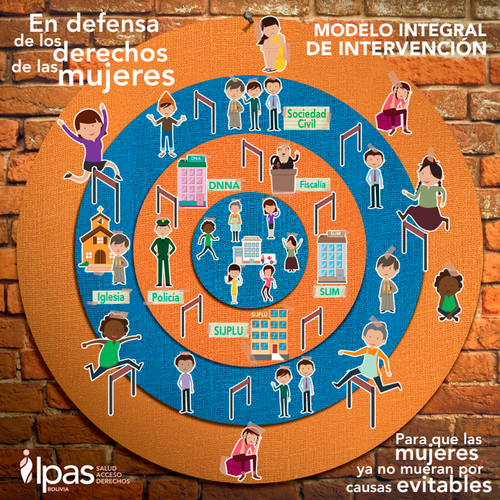
Ipas Bolivia believes that its intervention should be comprehensive and multisectoral to help eliminate barriers and promote quality and warmth care for women, girls, adolescents and youth, strengthening the technical skills of the supply side and informing the demand side.

Initially the Constitutional Ruling aroused controversy due to its unclear wording, causing discrepancies about the Court's opinion on the issue of women's rights and abortion. In order to clear all doubts and clarify erroneous interpretations, this material was prepared with questions and answers about the Plurinational Constitutional Ruling 0206/2014.
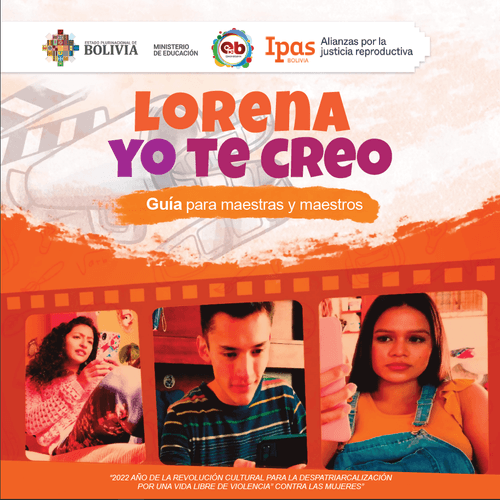
This booklet was developed together with the Ministry of Education and is a guide for teachers to complement the “Educational Video on Prevention of Sexual Violence in Adolescents and Youth”. With this material, teachers will be able to access information to identify, discuss and address the problem of sexual violence with students. Prevention is the best way to combat this problem.
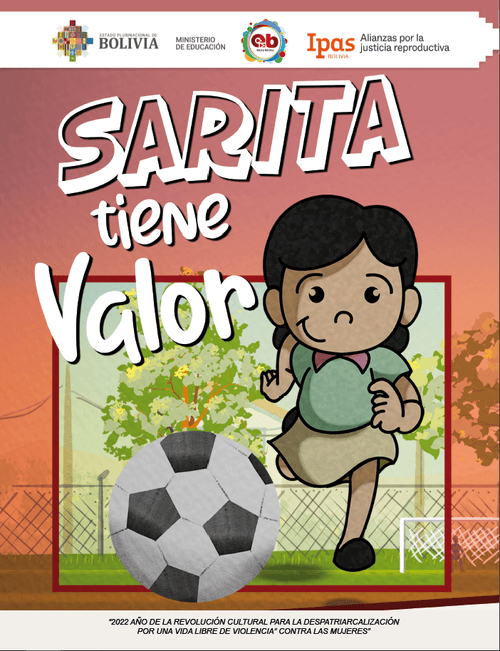
The “Sarita tiene valor” comic book is a complement to the video of the same name. It was developed together with the Ministry of Education and is designed to provide children with clear and accurate information about sexual violence, so that they know how to recognize it and how to act when a case arises in their lives. Prevention is the best way to combat sexual violence.
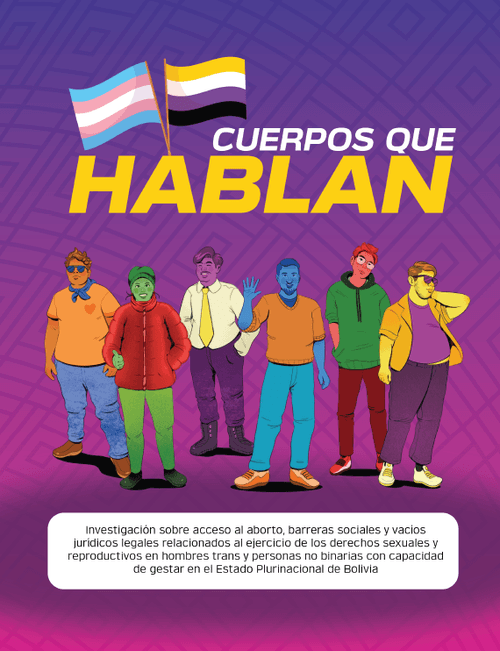
Research on access to abortion, social barriers and legal gaps related to the exercise of sexual and reproductive rights in trans men and non-binary people with gestational capacity in the Plurinational State of Bolivia.

